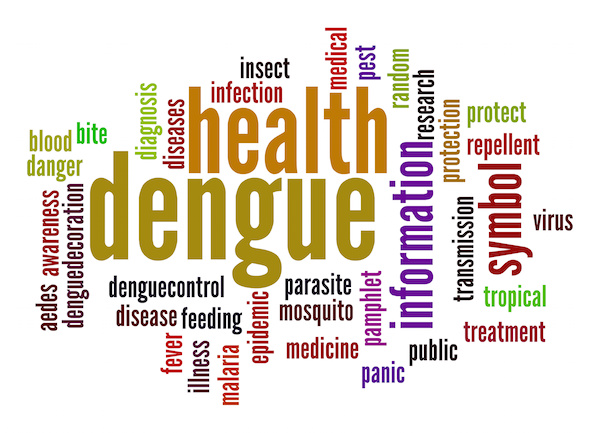WEDNESDAY, July 6, 2016 (HealthDay News) — Sudden power outages can be frustrating, but what if your power is knocked out for a prolonged period? Would you be ready?
The American Red Cross recommends preparing for emergency outages by putting together a kit that contains these essentials:
- Water (each person in the household needs one gallon per day),
- Non-perishable, easy-to-prepare foods,
- Flashlights (avoid candles, which could start a fire),
- Battery-powered or hand-crank radio,
- Extra batteries,
- First aid kit,
- A week’s supply of medications and required medical items,
- Multi-purpose tool,
- Sanitation and personal hygiene items,
- Copies of personal documents, such as a list of medications and medical information; deed/lease to home; birth certificates; passports; insurance policies,
- Cellphone with chargers,
- Family and emergency contact information,
- Extra cash.
People who are being evacuated should have a three-day supply of these items, according to the Red Cross. Those staying at home should store a two-week supply.
Provide a backup power source if someone in the home is dependent on electric-powered, life-sustaining equipment.
It’s also a good idea to keep the gas tank of at least one car full and to have a non-cordless telephone at home. It will probably work during a power outage.
Perishable food isn’t apt to spoil if an outage lasts less than two hours, the Red Cross noted in a news release. For prolonged outages, you should have at least one cooler on hand.
Surrounding food with ice in a cooler or in the refrigerator will keep it colder for a longer time. Use a digital quick-response thermometer to check internal food temperatures and make sure food is cold enough to use safely.
More information
The U.S. Department of Homeland Security provides more power outage safety and preparation tips.
Copyright © 2026 HealthDay. All rights reserved.

